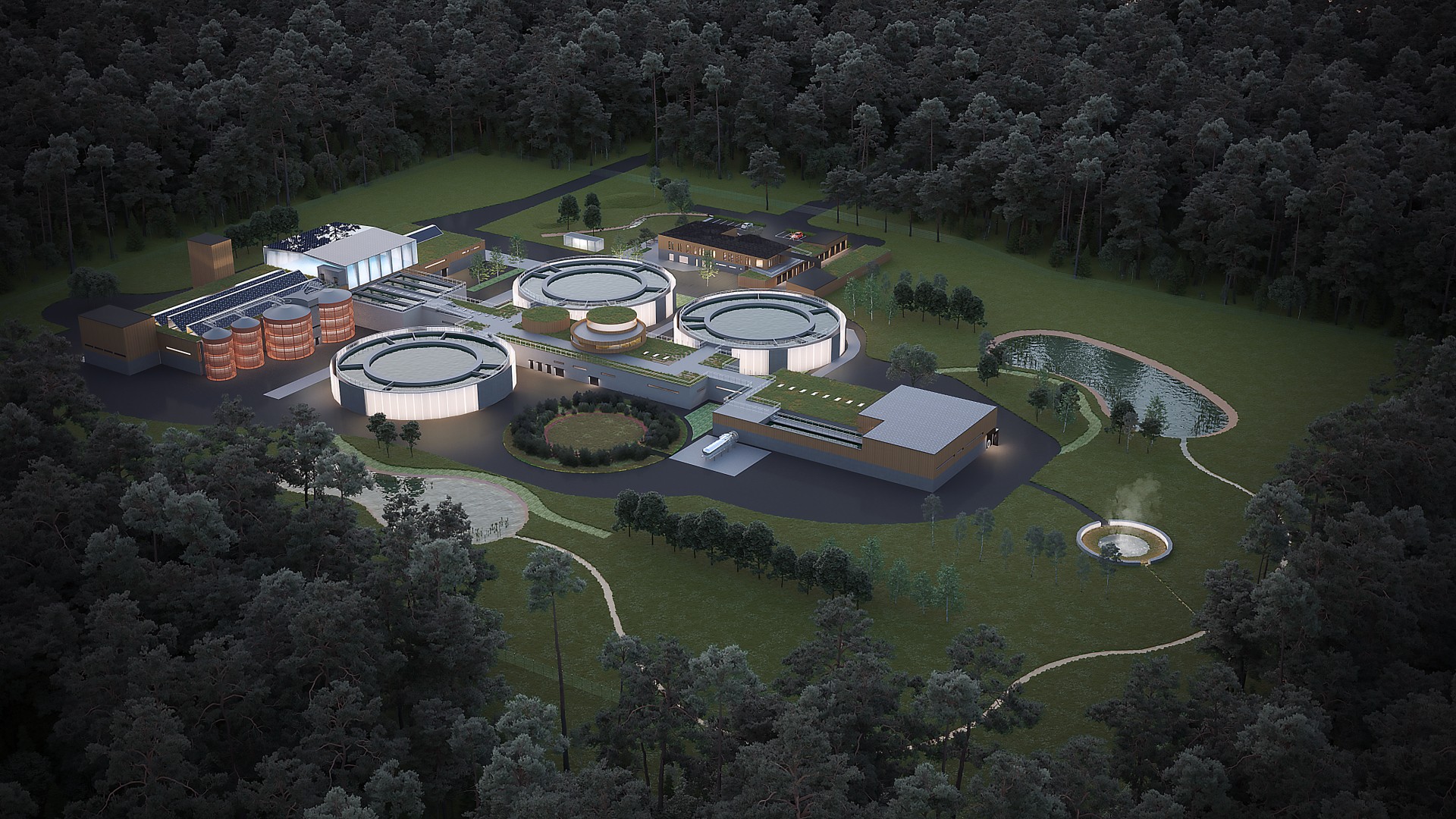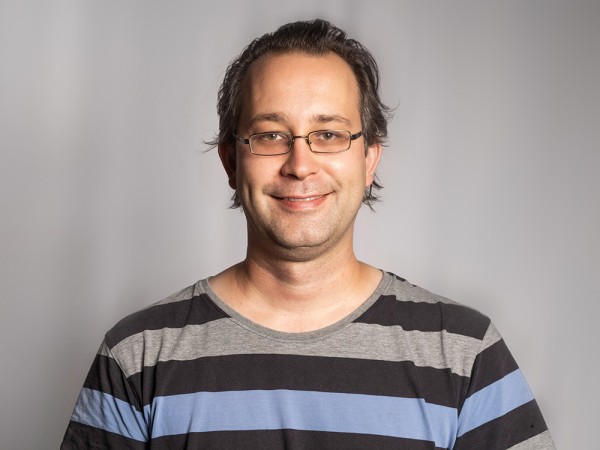With the new urban wastewater treatment directive in place there are increased pressures to both reduce and recover energy while simultaneously reducing climate impact. It states:
“This Directive should contribute to the progressive reduction of greenhouse gas (GHG) emissions from urban wastewater collection and treatment activities, in particular by further reducing nitrogen emissions but also by promoting energy efficiency and production of renewable energies, and thus should contribute to the 2050 objective of Climate Neutrality […].”
In this seminar, we discuss methods for measuring and modelling these emissions and impacts to help practitioners and researchers to meet the new directive. The presenters represent both wastewater treatment facilities and academia and we believe there is high potential for nice discussions during the Q&A sessions.
Register to get a calendar invite!
One week before the seminar, a Zoom link will be sent out via email to all who registered. We hope to see you there!
Agenda
11:00-12:00
Part 1: Full-scale monitoring of direvt greenhouse gases from wastewater treatment
Moderator: Christian Remy, KWB
Introduction
Moshe Habagil, VIVAB: Estimation of methane emissions during volatile fatty acid production from primary sludge.
Ola Fredriksson, Envidan/Kungsbacka VA: Measurement of greenhouse gases at Hammargård WWTP in Kungsbacka and plans to mitigate them.
TBD, VASYD: Spatiotemporal dynamics of N₂O emissions - Implications for emission factor estimation.
Q&A session
13:00-14:00
Part 2: Estimating emissions of GHGs from wastewater treatment by modelling
Moderator: Christian Remy, KWB
Introduction
Fabian Kraus, KWB: Climate neutral WWTP - Where are the hotspots regarding direct and indirect emissions?
Sofia Högstrand, LTH: Potential GHG emissions estimated from dynamic modelling of WWTP with biological vs. chemical phosphorus removal.
Q&A session





